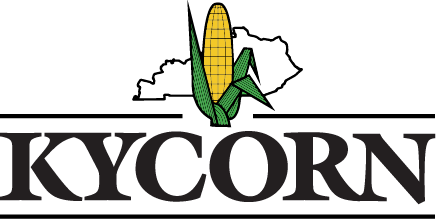Tom Sleight, President and CEO, U.S. Grains Council
As corn farmers in Kentucky and across the country head into the fields, many are facing the most uncertain market conditions of their lifetimes. Farm policy, ethanol policy, trade policy and more change on an hourly basis, and keeping up with the headlines alone has become a full-time experience.
I’ve worked in trade policy and market development for more than 30 years, in the United States and overseas. Those of us who have been around awhile can attest that the speed with which developments on trade are happening now is truly unprecedented.
The benefit of having been around awhile, though, is that I can also see a broader picture as these discussions transpire. I also see what is happening within my organization every day to buttress our industry in these very challenging times.
We at the U.S. Grains Council have operated in this tense trade environment for several years, facing policy challenges from China on most of the products we promote including corn, DDGS, ethanol and sorghum. We have engaged with our members and industry leaders on these issues, fighting back with international law and processes outlined through the World Trade Organization’s (WTO’s) rules.
Meanwhile, the staff and consultant network the Council operates around the globe on farmers’ behalf is fired up and making sure we capture every piece of that demand possible. These programs are as varied as our markets, including policy-focused outreach but also technical education, relationship-building, providing information about quality, connecting members of the trade and major buyers in about 50 countries.
These efforts pay off, as we saw with DDGS sales last year that kept pace despite the exit of two major buyers, China and Vietnam; with several positive developments in our efforts to open Mexico and Japan to U.S. ethanol; and with pockets of demand in North Africa and South America emerging as we speak.
Despite the challenges our industry has faced recently, we know there is new short-term and long-term demand out there in Southeast Asia, North Africa, the Western Hemisphere and with traditionally favorable trading partners like Mexico, Japan, South Korea, Taiwan and Colombia. And we are going to get it.
You – our members – have been supporting this work for 60 years, in partnership with the U.S. Department of Agriculture through two farm bill programs, the Market Access Program (MAP) and the Foreign Market Development (FMD) program, which our industry is watching closely as the new farm bill process begins.
And throughout this, we are steadied by strong fundamentals: 95 percent of the world’s consumers now live outside of the United States, increasing prosperity and population growth mean more demand for the products we are selling, and agricultural exports contribute positively to our trade balance year in and year out while supporting millions of manufacturing, transportation and retail jobs here at home.
Despite the pace of change and challenges on trade policy, we know when trade works, the world wins.


